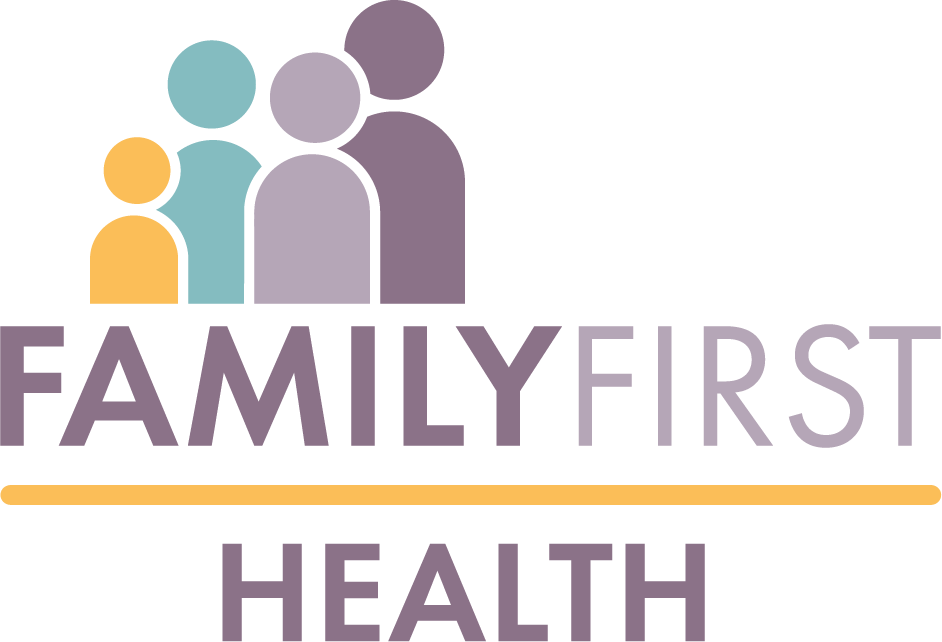By Family First Health
August 10, 2021
Too many families in our country must deal with the worry of paying for health care. They’re one accident or infection away from financial ruin, or worse, potentially losing a loved one.
Community Health Workers (CHWs) at Family First Health understand those challenges and make it their personal mission to care for the uninsured and underinsured in South Central Pennsylvania.
“Being a Community Health Worker is different from other jobs in healthcare because we are able to assist our clients, patients, students and community with accessing health care, and connecting them to other resources like transportation, food, clothing, rental and utility assistance,†said Lead Community Health Worker Celia Serrano.
August 8-14 is National Health Center Week, a time to celebrate and acknowledge the accomplishments of CHWs like the ones at Family First Health.
While the spotlight will shine bright for a week, it’s important to appreciate the impact that CHWs make the other 51 weeks of the year.
“We provide affordable medical, dental, behavioral and optometry services to our community.†Serrano said. “But in addition to that, we are also able to connect and build trust with our community to help assist them with the resources they need to live healthy lives.â€
COVID and CHWs in school
Nothing highlighted the efforts of CHWs more than the COVID-19 pandemic. On top of the clear threat that COVID-19 presented to the community, the pandemic also created challenges for CHWs when attempting to assist patients with disabilities apply for medical assistance and other resources from their homes.
“Our plans for programming had to be shifted to meet the needs of the families, while also ensuring the safety of the community and our workforce,†said Community Health Program Manager Casey Fogle. “But as a Community Health Center, we are constantly adapting to different needs and bridging gaps in care. The pandemic was just another layer to that.â€
2020 and 2021 have had countless moments of pain and loss, during which the CHWs of Family First Health have offered support and care to the community.
“We check-in with our patients and clients just to see how they are doing and if there is anything we can further assist them with. We truly care about them and treat them how we would want to be treated,†Fogle said.
In addition to patients/clients, the CHWs also faced challenges helping community students. Family First Health has a school-based health center at Hannah Penn K-8 School in York, which provides medical services to community residents.
When a child gets sick at school, the nurse will ask the student’s parents if they would like their child to go right to the health center for an acute visit, regardless of if they are a current Family First Health patient. This convenience saves families a trip to the Emergency Room or Urgent Care.
“Our Community Health Center within Hannah Penn is the hub of the school, providing an array of services, in a one-stop-shop atmosphere, that most other health centers are not able to provide,†Fogle said. “This alone helps to reduce barriers to access of care when everything is located in one center.â€
During the pandemic, many residents in the area struggled to afford/secure basic hygiene/cleaning products. Family First Health recognized this need and began a program to distribute these items to families in need. COVID-19 vaccines were also added to this program once they were developed and approved.
“The hygiene distribution began in January 2021 in response to the impact COVID was having on the Hannah Penn community,†said School-Based Health Center Manager Erica Johnson. “At each monthly event, we provide much-needed household items at no cost and connect families to housing, employment, health insurance and other resources.â€
Funding the Future
All of the aforementioned efforts are largely possible because of the partnership Family First Health has formed with the United Health Foundation (UHF), whose three-year grant has helped fund the “Connections†Program. This program allows Family First Health to deploy CHWs into the Hannah Penn neighborhood to bolster the collective efforts of residents, businesses and organizations to enhance neighborhood health and well-being.
“Life for our community members would be sad and unhealthy without the Connections Program,†Serrano said. “This program has also helped us get much-needed health care to our undocumented population, who are going through the process of obtaining permanent residency, but do not currently qualify for medical assistance.â€
With continued hard work and innovation, the country will soon navigate itself to the end of the COVID-19 pandemic. But the community’s health beyond COVID-19 is as important as ever. The medically vulnerable population is still in desperate need of primary care, behavioral health, dental care, and other services.
In conjunction with community support, legislative backing for continued and enhanced funding is vital for the future of Community Health Centers like Family First Health.
“Funding is so important. Many of the staff and patients are familiar with one another, and often live in the same neighborhoods,†Fogle said. “We have real, trusting relationships with our patients and clients. They look to us for information and trust that we can help them.â€
